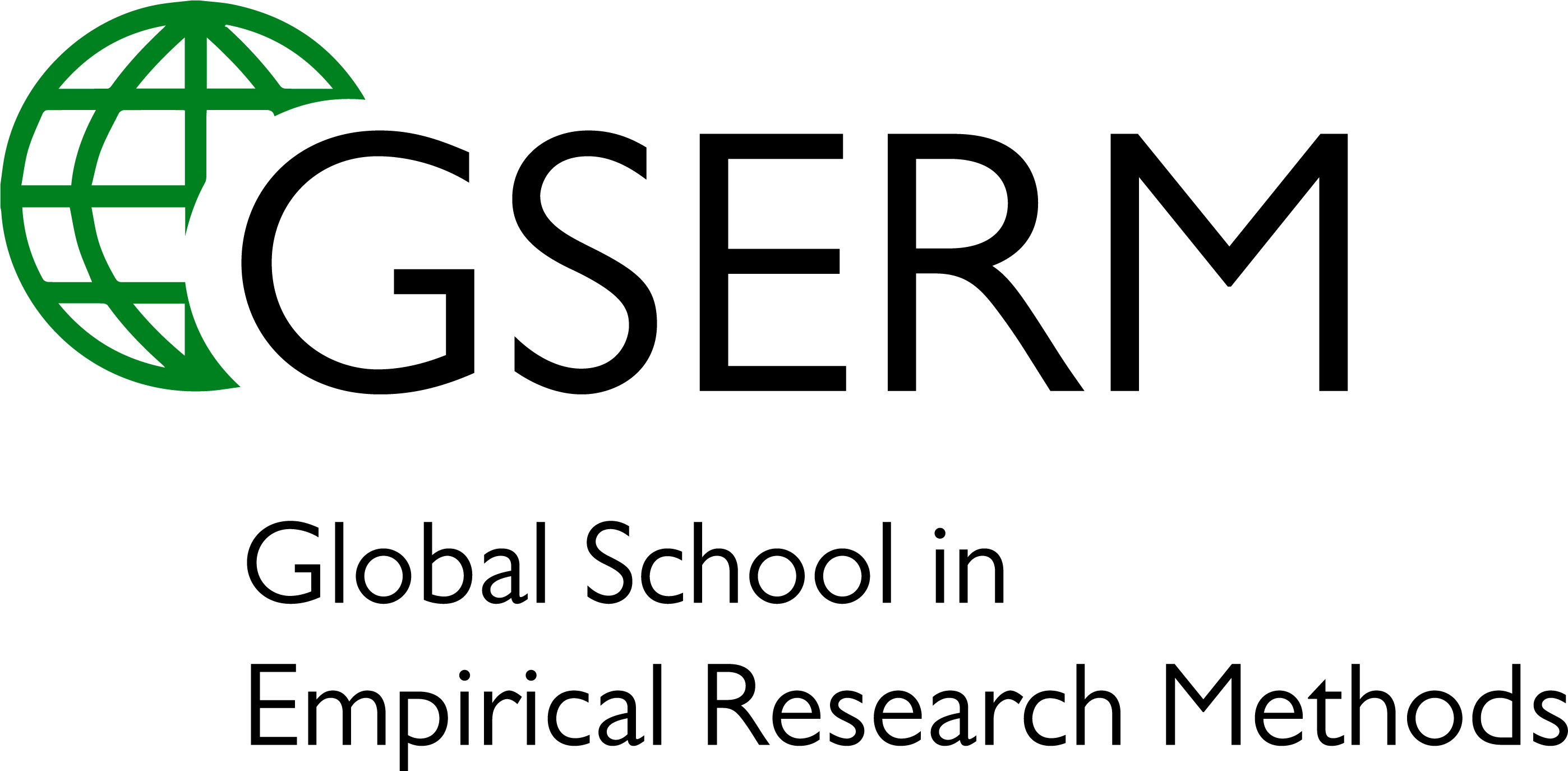This intermediate level 5-day course presents the highly popular methodology of multilevel modeling (MLM) across the social, marketing, business, behavioral, educational, life, biomedical, and organizational sciences. In addition, it discusses the specific applications of MLM in the analysis of longitudinal data that are currently very frequently collected in these and cognate disciplines. MLM provides a widely applicable approach to modeling and accounting for clustering effects that impact the majority of contemporary empirical studies in these and a number of related sciences. A key feature of these effects is the associated relationship among and similarity of the observed scores collected from members of studied groups or clusters of units of analysis (usually persons, respondents, patients, employees, students, clients, etc., but could also be higher-order aggregates of them). If this similarity (within-group ‘correlation’) is not properly handled, as would be the case if using standard statistical analysis and modeling methods, incorrect statistical results ensue, followed by substantive conclusions that can be seriously misleading. A key achievement of MLM is the proper handling of the clustering effects, yielding valid and dependable statistical findings and substantive results. A particular field of application of MLM is that of longitudinal data analysis and modeling. Designs and studies producing such data are very frequently utilized in the social, marketing, business, behavioral, medical, life, and organizational as well as related sciences. Through appropriate use of MLM, whose detailed coverage is also part of this course, data resulting from such studies involving repeated measures can be analyzed and modeled applying relevant statistical procedures that lead to valid and dependable results entailing correct statistical findings as well as substantive interpretations and conclusions.


